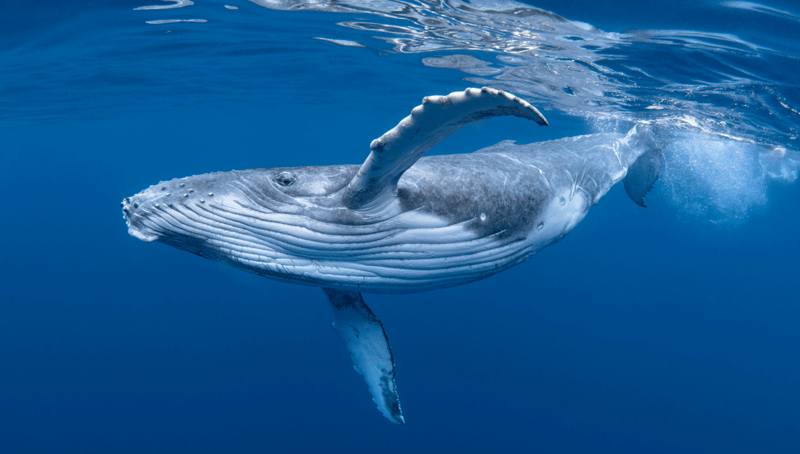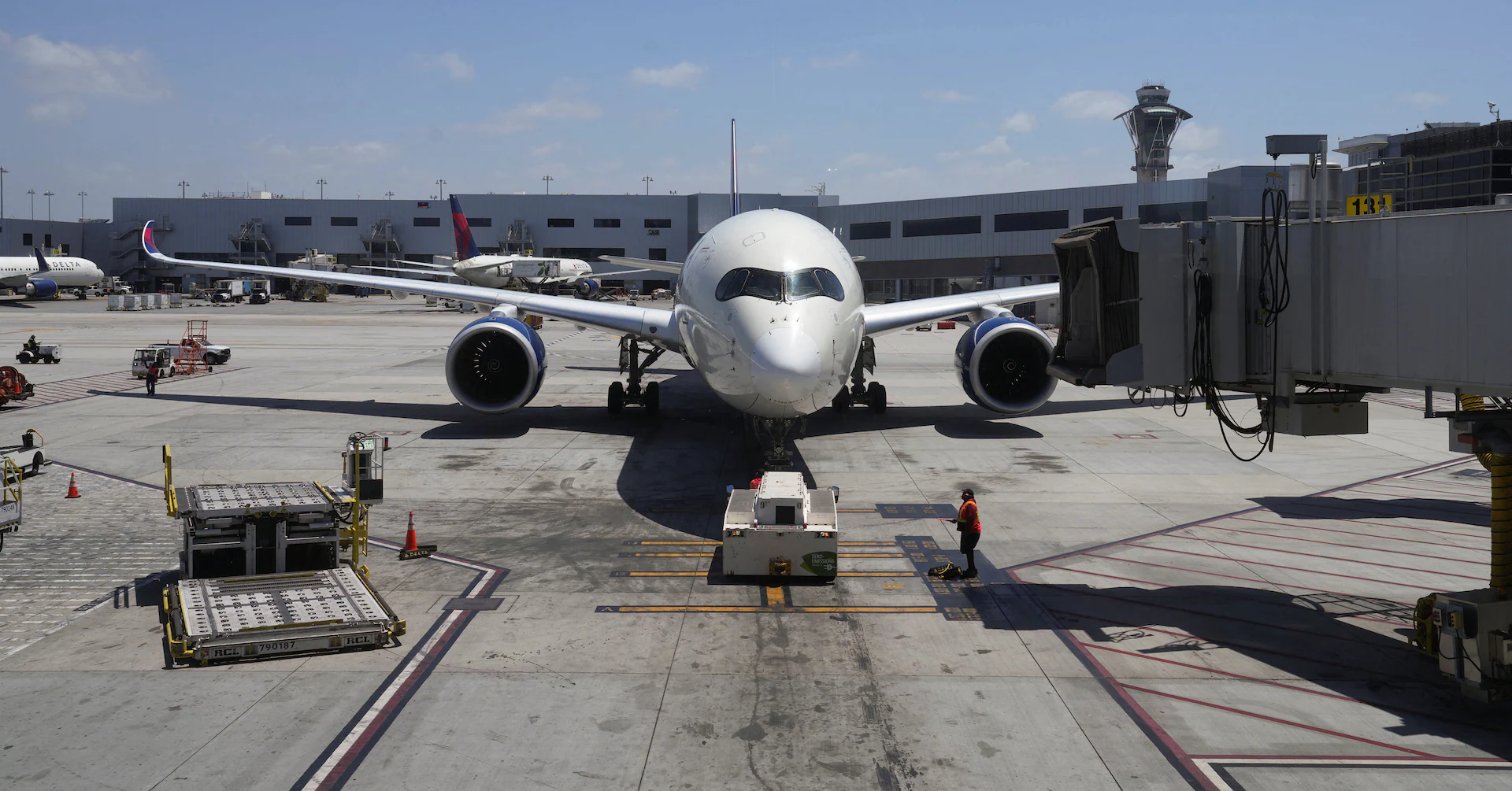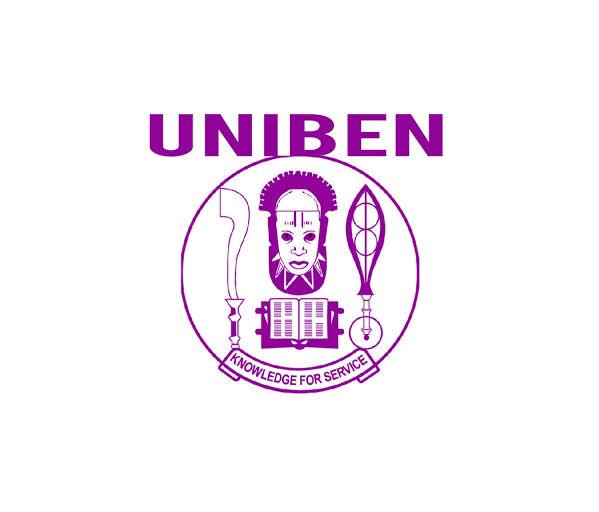By Sarah George
Copyright edie

The UK has officially ratified the High Seas Treaty this week, after first promising to do so before the end of 2025 earlier this summer.
The Treaty, also known as the Biodiversity Beyond National Jurisdiction (BBNJ) agreement, aims to designate at least 30% of international waters as protected marine areas. It also includes measures to establish stronger legal frameworks for global marine conservation and the use of marine resources and genetics.
These measures are intended to give more legal teeth to the global biodiversity treaty, ratified by more than 190 countries in late 2022. This treaty has an overarching ambition of halting nature loss by 2030.
Once at least 60 countries sign and ratify the High Seas Treaty, it will enter into force. 56 have ratified to date, with almost 90 more showing their support in principle. A sharp uptick in support happened at the UN Ocean Conference in Nice, France, in June 2025.
WWF UK’s chief advisor for polar and oceans, Rod Downie, said the UK’s ratification represents “hugely welcome progress”.
Downie said: “This is an extremely important announcement, and we’re delighted it’s the first action in parliament by the new Foreign Secretary – we hope it confirms that the UK Government’s ministerial reshuffle has done nothing to lower ambition to tackle the nature and climate crisis.”
Cabinet reshuffle
Several more junior Ministerial positions relating to energy, the environment and climate change have also been reshuffled.
Bottom trawling loopholes
While the UK’s ratification of the BBNJ has been welcomed, some environmental NGOs and MPs are outraged at the UK Government’s decision not to implement a complete ban on bottom trawling in UK waters.
Bottom trawling, a common fishing method, involves dragging weighted nets and chains along the sea floor. It has come in for heavy criticism from environmentalists for years, because the nets are so large and so big that they catch everything in their path, devastating fish stocks and other marine life.
The UK Government proposed a ban on bottom trawling in dozens of Marine Protected Areas (MPAs) in June 2025 and this is set to come into force in the coming months.
However, MPs on the Environmental Audit Committee (EAC) have been told that the Government has no plans to implement a total bottom trawling ban in all UK waters. This is because ministers believe this approach would be “disproportionate”.
EAC chair Toby Perkins MP said his Committee is “disappointed that the Government has not committed to wider bans within marine protected areas, which risk undermining their integrity”.
The EU notably has a goal to ban bottom trawling in all MPAs before the start of 2030.
Related edie podcast: Bottom trawling bans, oyster restoration and the High Seas Treaty



